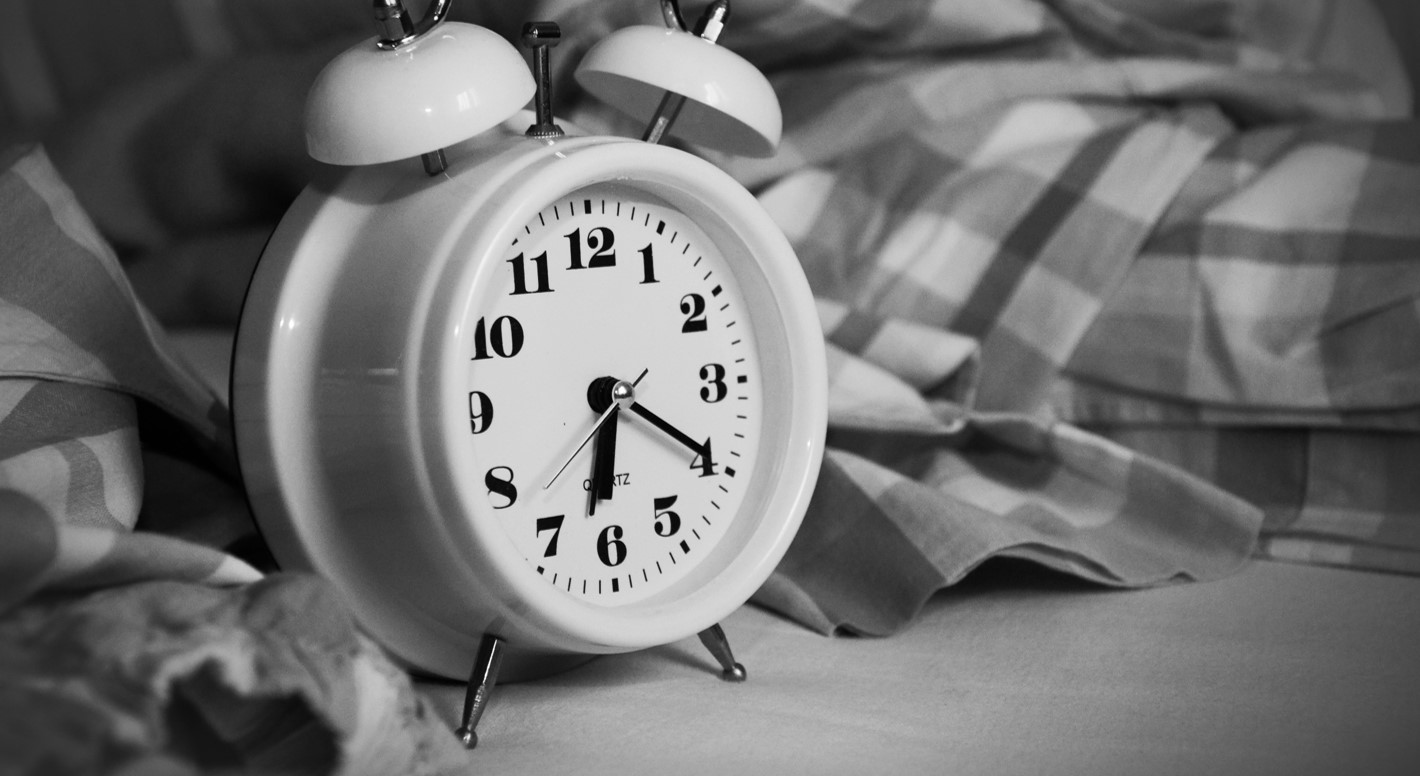Sleep in Rubinstein-Taybi Syndrome
Early research suggested that individuals with Rubinstein-Taybi syndrome may have difficulties with nightmares and trouble sleeping. However, larger studies have suggested that when compared to children of a similar degree of disability, children with Rubinstein-Taybi syndrome do not have more difficulty sleeping.
That being said, individuals with intellectual disability are at elevated risk of sleep difficulties compared to typically developing individuals so sleep could be an issue that individuals with Rubinstein-Taybi syndrome face.
It has been estimated that one quarter of families indicate that their child actually sleeps more than typically developing children.
One particular sleeping issue that has been reported in many children with Rubinstein-Taybi Syndrome is sleep apnea. Where the throat relaxes and narrows during sleep making normal breathing more difficult This condition may interrupt sleep and have a detrimental effect on sleep quality.
You can find out more about sleep in intellectual disability using the link below.
Cerebra sleep guide for parents




